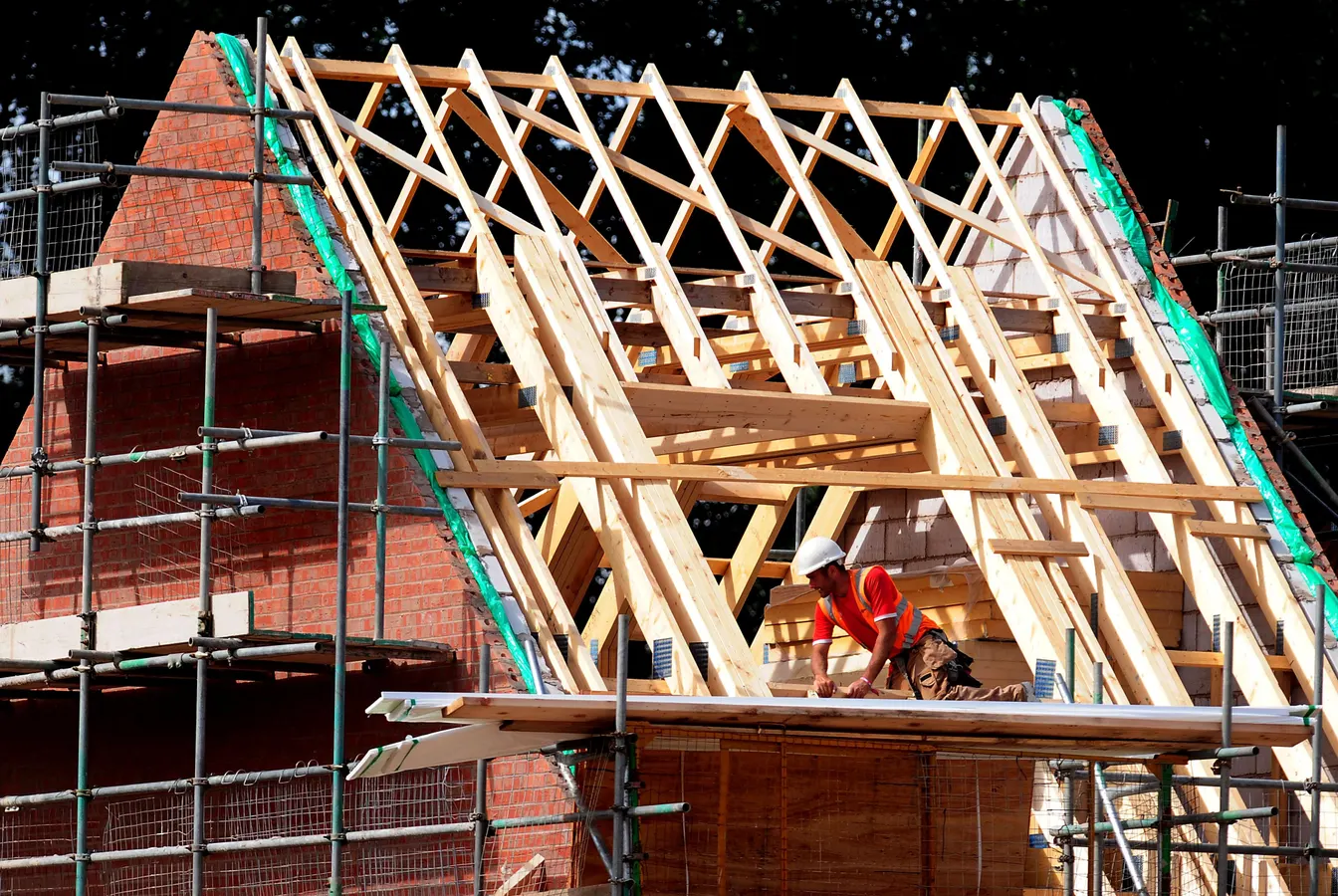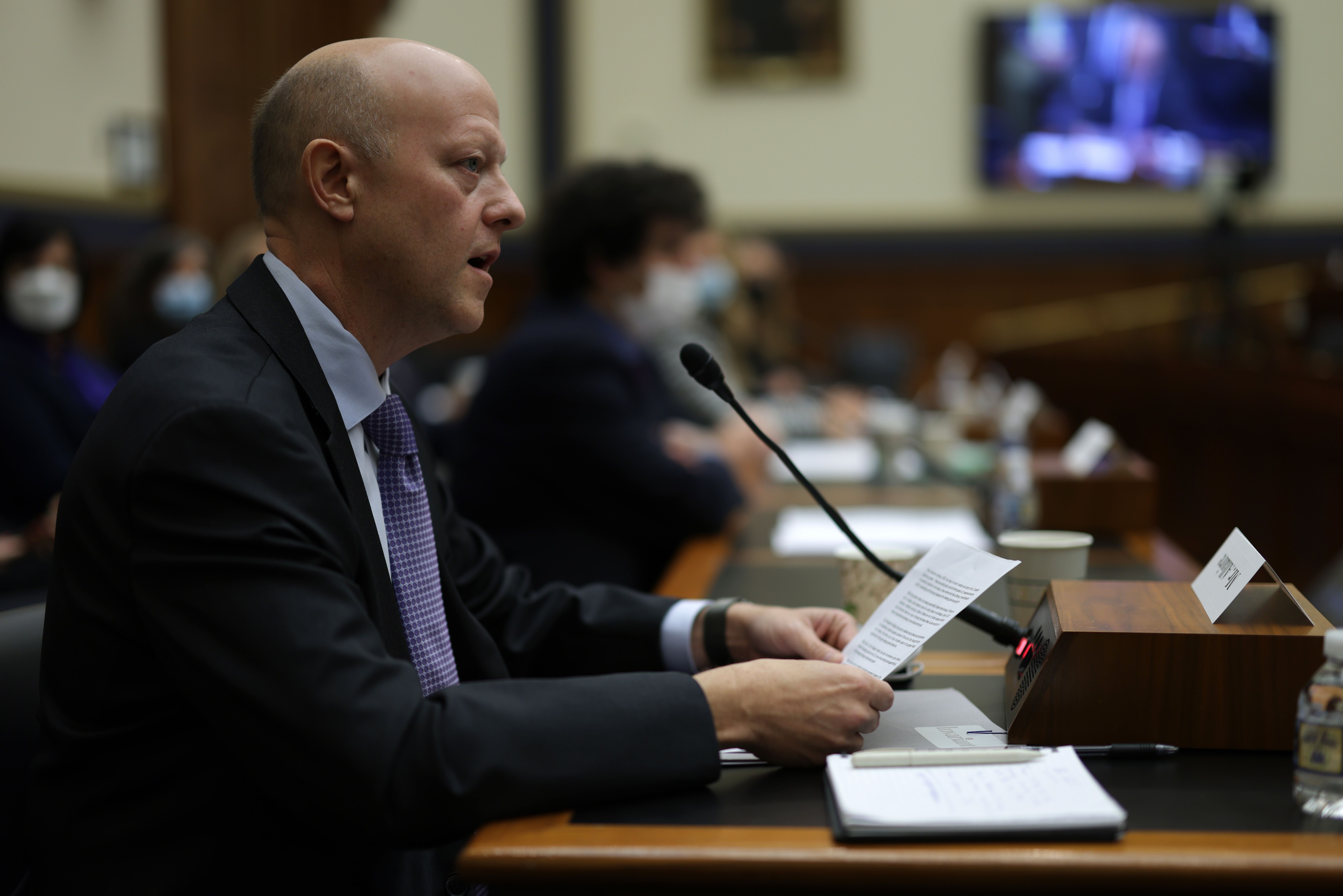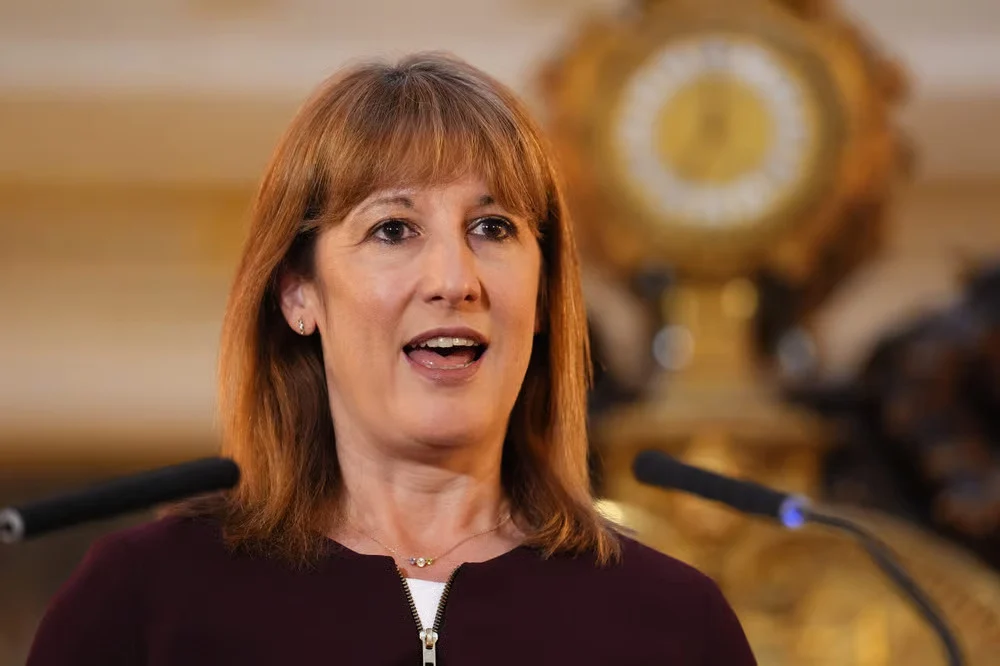Copyright Forbes

News of a sales slowdown ahead of November’s Budget caused shares in FTSE 250 housebuilder Taylor Wimpey to drop on Tuesday. At 102p per share, Taylor Wimpey’s share price was last 3.6% lower. The company noted that “reflecting current uncertainty in the housing market ahead of the November Budget, we continue to experience softer market conditions in the second half of the year to date.” Between 30 June and 9 November, Taylor Wimpey’s weekly net private sales rate per outlet dipped to 0.63 from 0.71 in the corresponding 2024 period. Excluding bulk sales, the builder’s sales rate dropped to 0.61 from 0.68 previously. The cancellation rate remained unchanged at 17%. Rumours circulate that the UK government may replace Stamp Duty with a new property tax at the Budget on 26 November. According to reports, Chancellor of the Exchequer Rachel Reeves may slap a levy on home sales valued above £500,000. Weak Recovery For the year to date, Taylor Wimpey’s sales rate fell slightly to 0.72 from 0.73 in 2024. Excluding bulk deals the sales rate was stable at 0.68. The builder’s cancellation rate rose to 16% from 15%. As of 9 November, its forward order book stood at 7,253 homes, down from 7,771 at the same point last year. The value of the order book was £2.1 billion, also lower than the £2.2 billion previously recorded. Taylor Wimpey said that “underlying pricing remains broadly flat, and we continue to expect low single digit build cost inflation in 2025.” Its short-term landbank was 75,000 plots at the end of October, down from 76,000 at the same point in 2024. The strategic land pipeline was unchanged at 135,000 plots. Challenging Conditions Praising Taylor Wimpey’s “resilient performance,” chief executive Jennie Daly said that “market conditions remain challenging, impacted by uncertainty ahead of the upcoming UK Budget and continued affordability pressures.” She commented that the FTSE 250 builder “is a strong and agile business, and we remain well positioned to capitalise on the improving planning environment, generating value from our high-quality, well-located landbank, while advancing new opportunities in our pipeline.” Daly added that “the UK housing market fundamentals are highly compelling [and] we remain confident in our ability to deliver profitable growth and maximise shareholder returns over the medium term.” Taylor Wimpey maintained guidance for the full year. It expects to build between 10,400 and 10,800 new homes, versus 10,593 in 2024. It also expects to generate operating profit (including joint ventures) of roughly £424 million, up from £416.2 million last year. Stuck In First Gear Analyst Mark Crouch of eToro said that while Taylor Wimpey’s order book is “solid enough,” he added that “with volumes and sentiment softening, the company’s 2025 guidance for completions and profit merely ‘in line’ feels like treading water rather than progress.” He noted that “the housing market’s sensitivity to interest rates and buyer confidence leaves little room for error,” adding that “rate cuts, when they finally arrive, will be welcomed by every housebuilder on the FTSE. But if those cuts are coming because the economy is losing steam, they could prove a mixed blessing.” Royston Wild owns shares in Taylor Wimpey



